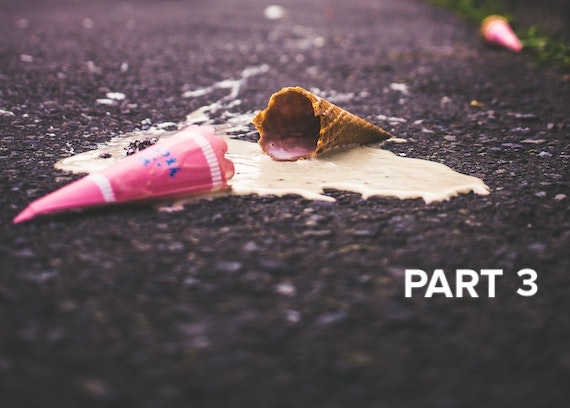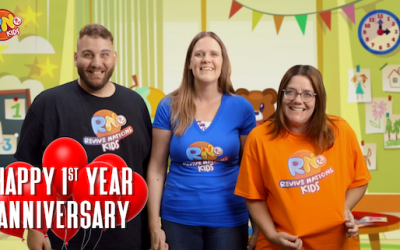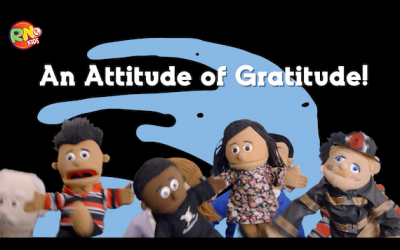
By Sarah Evans
When something is important enough, it is worth repeating. The more times we read a particular viewpoint, especially when it is a new concept to us, the more we are able to digest and understand it’s relevance to our own lives. After all even God is in the habit of repeating the same thing over and over, when wanting to get a particular point across in His word.
And so, what is this important thing that needs to be repeated?
Our focus when giving our children an ‘unnatural’ consequence (**) should NOT be:
- To humiliate and/or embarrass them
- To make them suffer for their mistake
- To make them the target of our own pent-up frustration and disappointment
- To assert an unhealthy (uncontrollable) sense of power and dominance
- To help our children one day benefit from natural consequences, as a way to learn from past mistakes
- To teach them how to grow up into God-fearing, and responsible adults
So many times during my work day, I have seen teachers give a particular student a time-out or they have been kept in at recess as a consequence for their behaviour. Often afterwards, when I have privately asked the student “why did the teacher give you a time-out, or why did the teacher keep you in at recess?” the student will often reply “I don’t know”. This is a sad reality because the teacher thinks that they have helped the student by giving this student a consequence, but in actual fact it was all done in vain because the student did not understand nor learn from the experience.Our children need to understand the reason for the consequence given, and they need to know what we expect them to do next time. We also have to tell our children that even though we expect them to work towards changing a particular behaviour; we also know that they are probably going to let us down again because they are children. They are not adults yet! It takes time for them to learn from their mistakes. We need to tell our children that the most we can hope for is that they will try harder, and if they need help to do so that they can count on us for help and support. It is important therefore that we have a conversation with our children before, during and after a consequence has been given. We need to ask God to give us His wisdom, as we navigate the complex maze that is parenting. In Him, and through Him anything is possible.
‘Above all, love each other deeply, because love covers over a multitude of sins.’ 1 Peter 4:8
** (‘Unnatural consequence’: As we prepare our children to learn from their mistakes through natural consequences, we must realise that sometimes we will need to give our children an ‘unnatural’ consequence. In this way, we can provide a consequence that is more immediate and so more effective in teaching our children right from wrong, until they are mature enough to do so through the process of natural consequence.)



